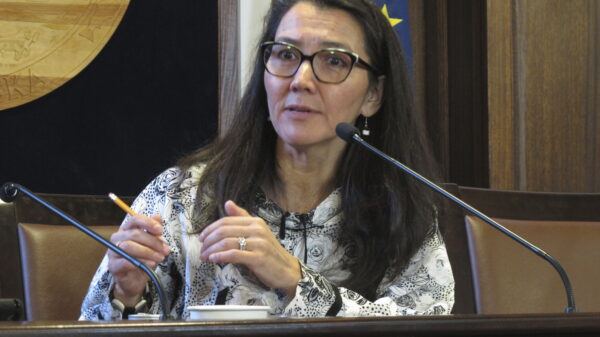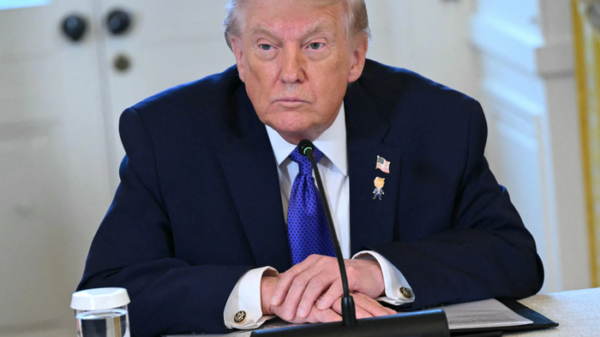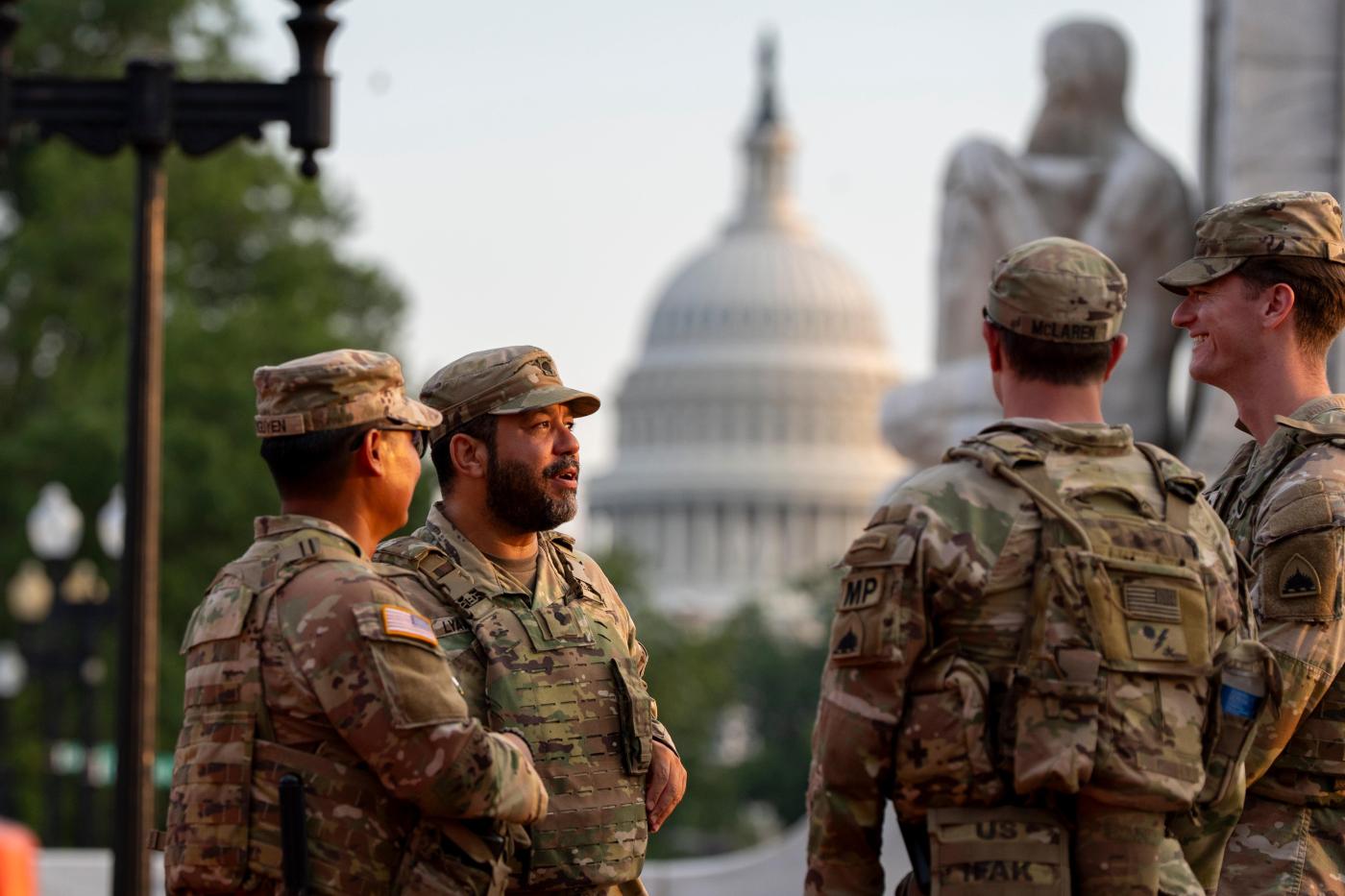During a recent discussion at the Politics & Prose bookstore in Washington, D.C., Maryland Governor Wes Moore emphasized the need for innovative approaches to uphold democracy in the United States. He pointed out that the relationship between federal and state governments has been significantly disrupted, stating, “The partnership that we came to rely on between the federal government and our states, it’s not that it’s changed, it’s that it’s severed. So what we know is, that means it’s time for us to get creative.”
Moore’s comments come amid a broader conversation about the role of states in safeguarding democratic principles. He highlighted a long-standing issue regarding the deployment of state National Guards, referencing the U.S. Constitution, which grants Congress the exclusive power to declare war. This constitutional clause has not been exercised since 1942, raising concerns about the legality of military actions involving state National Guards.
In response to this situation, Moore has sponsored the Defend the Guard Act. This legislation would prohibit any deployment of the Maryland National Guard into active combat overseas unless Congress has formally declared war. Moore noted, “I was very clear to the president of the United States. Listen, my background is not as a politician. My background’s a soldier.” He stressed the importance of adhering to constitutional law, asserting that he would not authorize the use of the National Guard for missions that are not critical or aligned with their purpose.
The implications of deploying National Guard members for conflicts not sanctioned by Congress are significant. Moore questioned the rationale behind such actions, particularly when they could hinder the ability to respond to domestic crises, such as the spring floods that impacted western Maryland. His commitment to the Defend the Guard Act is not a matter of partisanship; rather, it focuses on the integrity of the Constitution and the well-being of military personnel and their communities.
Despite presenting the bill during three consecutive legislative sessions under both President Joe Biden and President Donald Trump, the Defend the Guard Act has yet to advance beyond committee hearings. Many Maryland residents, including veterans, have expressed support, yet no votes have been taken on the matter. Moore challenged the notion of democracy that allows constituents to remain uninformed about their representatives’ positions regarding the deployment of National Guard units.
Moore elaborated on the responsibilities of the National Guard, stating, “Our National Guard are trained to make sure that we can actually address moments of crisis, moments of tragedy inside of our states under the jurisdiction and under the authority of the state’s commander in chief.” He emphasized the gravity of deploying these service members, underscoring that their involvement should not be for trivial reasons or publicity stunts.
The call for a debate and vote in Congress resonates strongly with Moore’s advocacy. He contends that troops deserve clarity and support from their elected representatives before being sent into potentially dangerous situations. His dedication to this cause is evident, as he plans to reintroduce the Defend the Guard Act in 2026 and is eager for Moore’s endorsement to help advance the bill.
As discussions about military deployment and constitutional responsibilities continue, the future of the Defend the Guard Act remains uncertain. Governor Moore’s commitment to protecting the rights of service members and ensuring state authority in military matters will likely shape the discourse in the months ahead.






































































